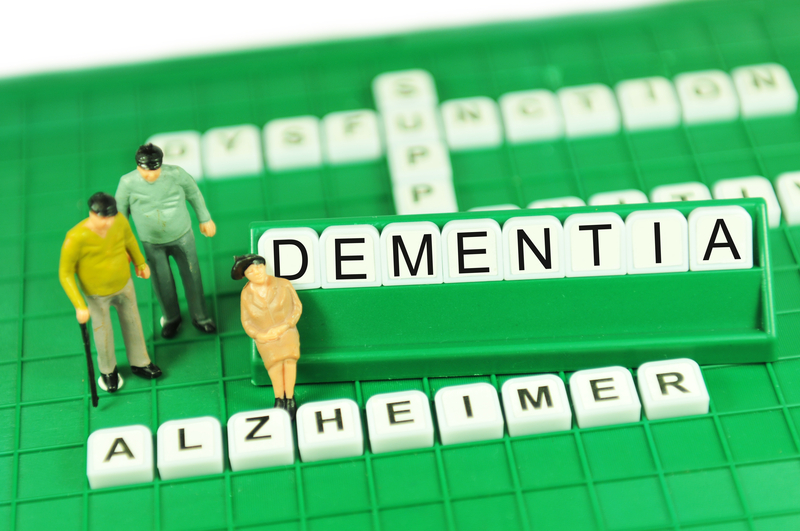Julia Stuart of the Alzheimer’s Society sheds lights on the true cost of dementia on the UK’s finances and resources and what it means for care received.
The Health Secretary’s ambitious aim to make the UK the most dementia-friendly society in the world by 2020 will fail without a dramatic increase in social care resources. In March Jeremy Hunt announced a series of commitments to boost diagnosis rates, raise awareness and encourage research.
But the Alzheimer’s Society estimates that the amount spent by government on social care for people with dementia will need to more than double, from £3.7bn in 2015, to £8.5bn by 2030 just to keep pace with demand and care inflation.
“The NHS could be the best at looking after people with dementia, but that will be irrelevant if something isn’t done about social care,” said Laurie Thraves, senior policy officer for the charity. “And doing something about social care is about the money, essentially. Unless the money is there, I don’t think we can ever be the best in the world.”
Around 70% of people in care homes have memory problems or a dementia diagnosis. Social care is also critical for those with dementia living at home, as many need help washing and dressing. “Some people with dementia who live alone won’t be able to perform these basic tasks, or they’ll do them badly,” said Thraves. “If someone is being cared for, these needs put additional pressure on the carer. Caring is a full-time job and people need as much help as they can get. It’s particularly tricky when you have 2 frail elderly people, one of whom has dementia, and you’re essentially asking the other frail person to do a lot of heavy lifting.”
Carer burnout is one of the most common reasons why someone with dementia is admitted to a care home or a nursing home.
When people with dementia are unable to get care in the community they often reach a crisis point more quickly and end up in hospital, where they spend a lot longer than other older people. Many become less mobile, their muscles waste, and they find the environment more distressing and confusing than their peers do. A significant proportion will then be admitted to a care home rather than return to their own home.
“The vast majority of NHS spend goes on the final years of our lives. We know that at the very end of life people with dementia are often admitted to hospital for expensive acute care when they could be cared for in a care home if they had access to specialist palliative services which people with other long-term conditions such as cancer are more likely to be able to access,” he said.
There are currently 850,000 people with dementia in the UK. This is predicted to rise to 1 million within 10 years, and reach 2 million by 2050. A third of people with dementia are already living in care homes. Numbers are expected to increase from 313,000 to just under half a million by 2030. This would require the creation of an estimated additional 175,000 care home places for people with dementia alone.
Since 2010, £4.6bn has already been taken from the adult social care budget, resulting in an estimated 500,000 older and disabled people being denied access to care. The government has promised around £1.5bn through the Better Care Fund, which tries to integrate spend between health and social care, but the money won’t materialise until between 2019 and 2020.
The total cost of dementia to society in the UK already stands at £26.3bn, which is enough to pay the energy bill for the entire country. Of that £4.3bn is spent on healthcare costs and £10.3bn on social care, met partly by local councils and partly by people with dementia themselves. A further £11.6bn is contributed by the work of unpaid carers, many of whom have had to give up their jobs to look after someone with dementia, which can have a devastating effect on their own finances and career.
In 2 years the global cost of dementia is estimated to reach $1 trillion, according to the World Alzheimer Report 2015. The report, commissioned by Alzheimer’s Disease International, also found that the costs of dementia in Europe increased by 25% to $300bn last year.
“The best case scenario is that the government realises that failing to invest in the right support in people’s homes, care homes and residential homes is creating additional costs for the NHS, and it’s also destroying the lives of vulnerable older people,” said Thraves.
“We certainly welcome Jeremy Hunt’s commitment to making the NHS better for people with dementia, but that’s only half of the solution. We won’t be the best in the world until we have a social care system that is adequately resourced and on a sustainable financial footing.”
Julia Stuart
Alzheimer’s Society











